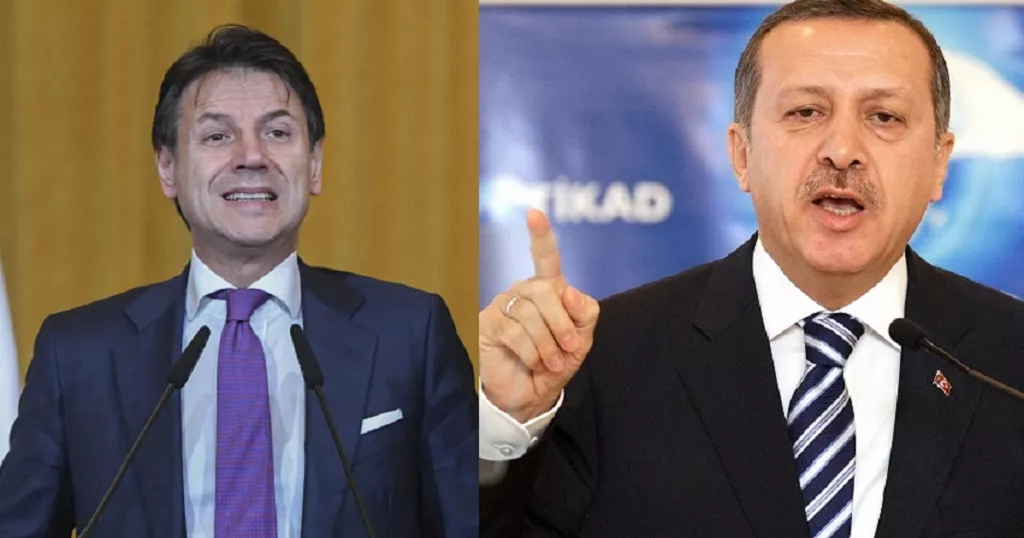
Political strategist and former spokesperson for candidate Akere Muna, Paul Mahel, has sparked debate over the status of Maurice Kamto as Cameroon’s opposition leader.
Speaking during the “Club d’Élites” programme on Vision 4 television, Mahel argued that Kamto’s influence is overstated and not grounded in institutional political representation.
“Popularity is not a measure of leadership,” Mahel asserted. “Let me give you a concrete example. Political leadership is measured on the basis of what we call gains and currents, that is, representativeness.
What does that mean? If you hold a political meeting and there are 5,000 people at that meeting, if there are 10 people who have electoral cards, you had 10 people at your meeting. That’s your gain. That’s what it’s all about.”
He challenged the notion that Kamto, leader of the Cameroon Renaissance Movement (MRC) and 2018 presidential contender, should be considered the de facto leader of the opposition based solely on his 14% share of the presidential vote.
“If we refer to it, because the other thing the professor wanted to say is that by presenting the professor as the leader, he mentioned the 14% he garnered in the presidential election.
Except that after the 2018 election, there was another election in 2020. And after that election, it was that election that determined the list of 18 political parties that can nominate candidates. And as a result, the second political party in Cameroon, after the CPDM, is the UNDP,” Mahel explained.
Based on Mahel’s assessment, Bello Bouba Maigari of the National Union for Democracy and Progress (UNDP) should be recognised as the current leader of the Cameroonian opposition, given his party’s parliamentary strength.
Today, the Constitutional Council is expected to deliver its final ruling on Kamto’s candidacy following the initial rejection. Meanwhile, the candidacies of Akere Muna and Bello Bouba Maigari are among the 13 validated by the Electoral Council for the upcoming election cycle.



